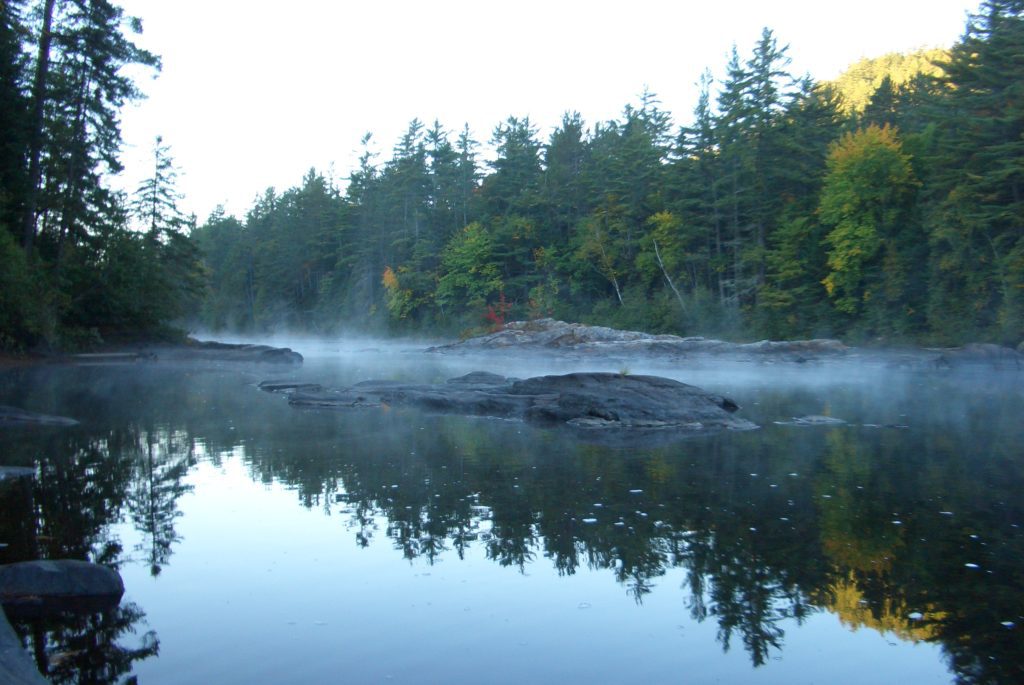2020 was a big year for environmental news. Here’s a quick recap:
In a word:” COVID”. The pandemic and its lockdowns caused rapid change. Global oil consumption dropped by 30 per cent as commuters stayed off highways and airline travel was dramatically scaled back. Skies cleared, rivers ran clearer, and wildlife returned. These dramatic changes were temporary and caused by a public health emergency that is catastrophic. However, they also demonstrated that natural systems can recover quickly if we act to reduce pollution.

Meanwhile, climate change continued to rage with record-setting storms, heat, and fires. But there was some good news as well.
Sales of gas-powered cars took a huge plunge during COVID. Electric vehicles did the opposite and many investors decided oil and gas is a loser. The federal government also released a new climate plan that will increase carbon prices (and rebates) and announced action on plastic pollution. Our long-pursued legal challenge of inaction to hold Volkswagen accountable for its dieselgate scandal finally resulted in a $192 million fine (highest ever in Canada for an environmental crime). Ontarians also got more organized in the face of escalating government attacks on the environment under the “Ontario Yours to Protect” program and worked in communities around the province to protect key areas.
Here are our predictions for the environment in 2021
1. Big fights about pollution pricing
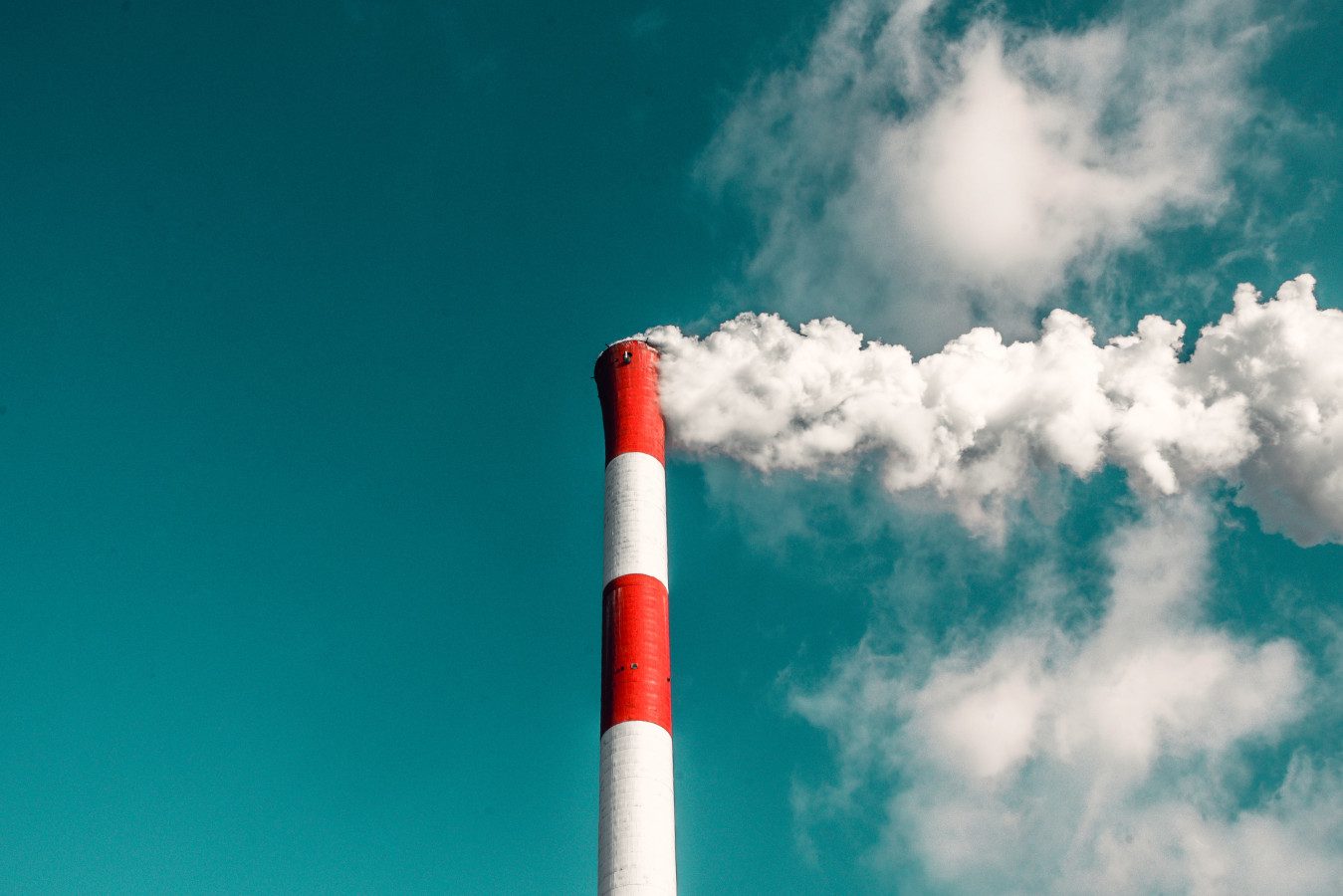
The federal government’s plan to increase the carbon price from $50 per tonne in 2022 to $170 per tonne in 2030 will provide great fodder to politicians and commentators seeking a political wedge issue and/or are seeking to stop meaningful climate action. Some will say that these increases will massively inflate consumer costs. This is not true because of rebates. Some will say the taxes will not reduce emissions. This is not true because the price will get high enough to encourage people to avoid burning as many fossil fuels. And a few will argue that carbon taxes are the only thing the government should do to address climate change. This is not true because regulations like an EV sales mandate are needed to ensure that Canadians can actually find lower-emitting vehicles to buy.
2. After COVID, climate change is still here

The COVID-19 pandemic will continue its impact on society but will become more manageable as vaccines roll-out and treatment improves. However, more and more severe weather events, fires, droughts, and floods will remind us all that there is no vaccine for climate change and that we need to act urgently to avoid a decades-long or centuries-long crisis.
3. “Pay-to-Slay” will become something Ontario residents are forced to learn about

Ontario residents will have to learn new terms as the Ontario government rolls back legislative protection of endangered species’ and other wildlife habitats, wetlands, and forests. These protections will be replaced with new programs that allow developers and industry to pay into a fund to be allowed to destroy the natural areas. These types of programs have a record of allowing the ongoing loss of key wetlands and forests and have been described as high risk by the World Bank Group. Expect opposition to be strong against this and other actions the Ontario government is taking to undermine environmental protection.
4. A new toxics law to protect Canadians’ health and the environment

A bit later than we hoped but the federal government will finally introduce new legislation to protect Canadians from toxic chemicals like BPA, phthalates, formaldehyde, and the dry cleaning chemical PERC. This will present a huge opportunity to talk about the need to prove that a chemical is safe before it’s used. This will help to ensure that vulnerable communities like women, children, workers and racialized communities near factories are better protected. Canada can also look to other countries for best practices on how to eliminate chemicals that have been found to be dangerous to human health and the environment.
5. Company action on toxic chemicals will gain speed

After Costco announced they would remove BPA/BPS from their customer receipts in by the end of 2019, we stepped up our conversation with other retailers about the impact of this hormone-mimicking chemical on store workers and customers. We are looking forward to a domino effect starting in 2021. Soon, Canadians will be able to take a receipt without worrying about what it is doing to their health.
6. The plastics industry will try to convince you that banning any plastics is bad
#topoli This advertising would definitely make me think twice about calling a Co-op Taxi. Wondering, too, about CoT/MLS policy on political advertising on licensed vehicles. pic.twitter.com/wd6pKAxxpu
— John Lorinc (@JohnLorinc) October 29, 2020
You will be bombarded on social media by messages that try to tell you that any moves to ban nearly impossible-to-recycle plastic packaging, straws, and plastic cutlery will mean no hockey safety equipment or bumpers for your car (yes these are real messages being spread by industry groups right now). Canadians will push through the misinformation and demand the federal government follow through on its announced bans and its efforts to fix our broken plastic use, collection, and recycling system.
7. Big pools of money will run, not walk, away from high-carbon, high-risk fossil fuel projects
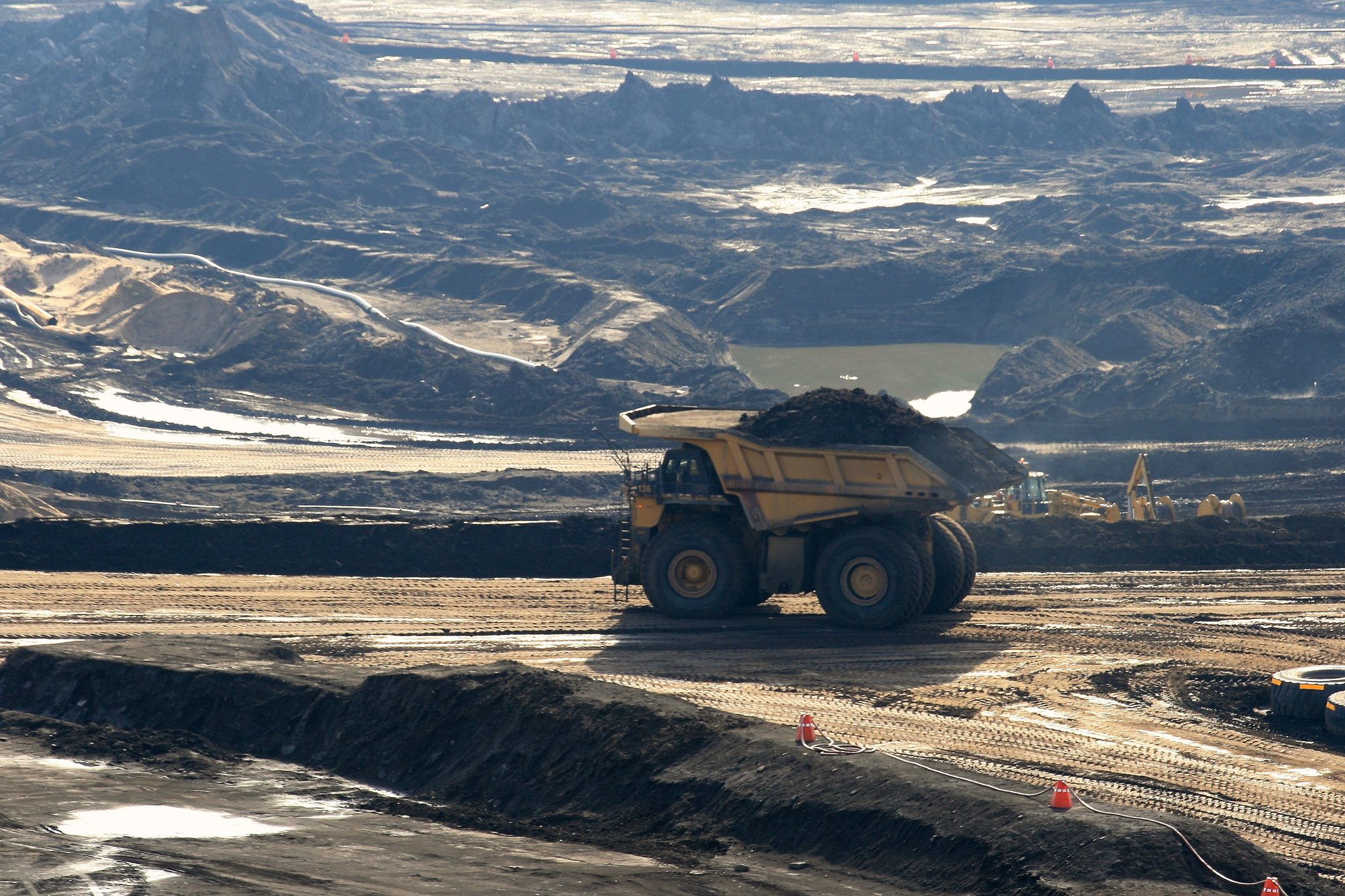
Pension funds, large private capital funds, and retail investors will accelerate moves to put their money in high-return, predictable renewable energy projects. This will be in the place of oil, gas, and coal projects that will face increasing carbon prices, peak or declining demand, and public and regulatory approval barriers. Expect to see significant movement even by formerly change-resistant funds like the Canadian Pension Plan.
8. Car companies will be held to account for not selling EVs
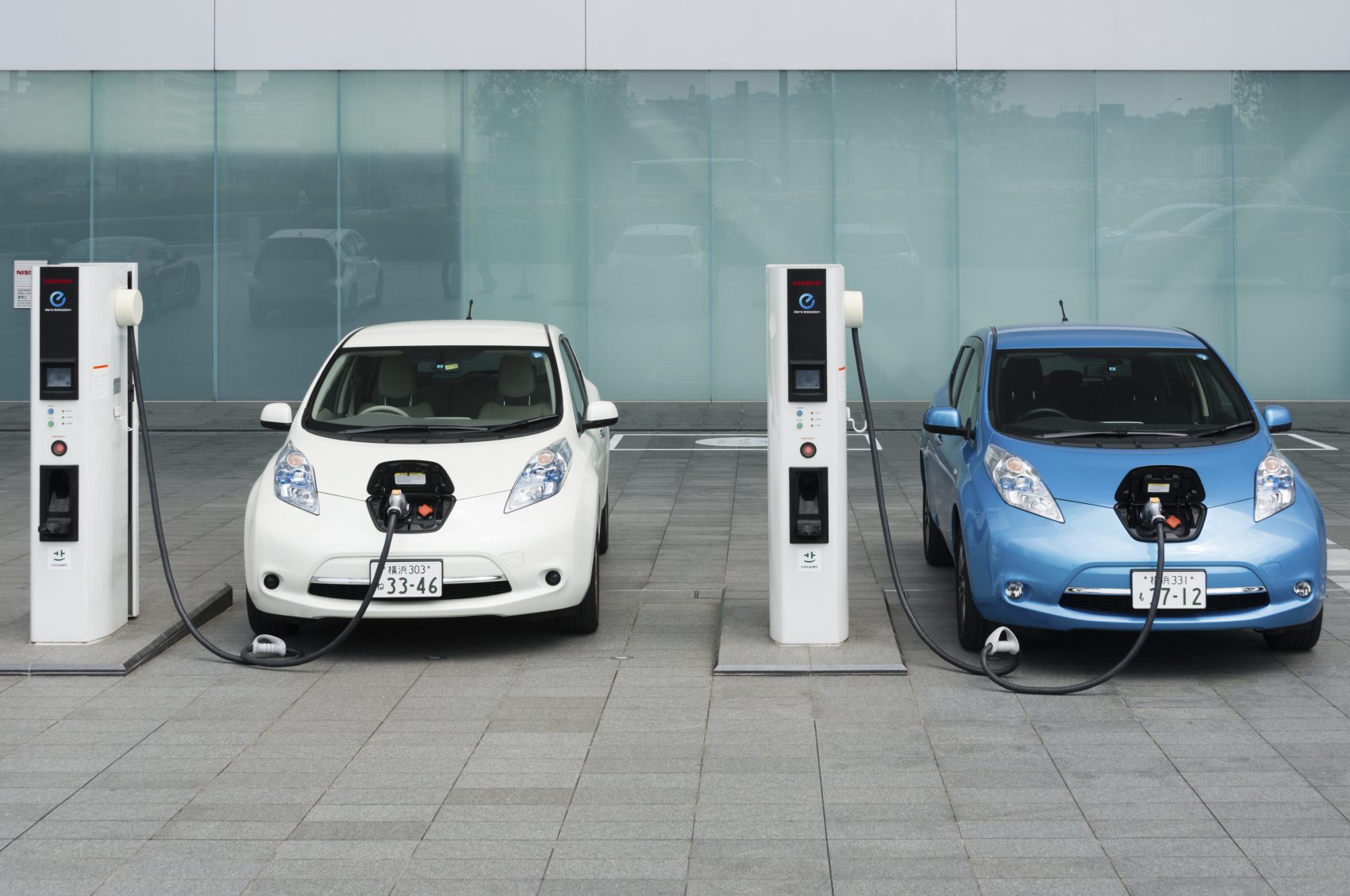
The large old car companies like to place ads showing you their new electric vehicle. But try to find one to actually buy and you will be largely out of luck unless you are thinking of a Tesla. Canadians want to make the switch to better-performing, longer-lasting, and cheaper to fuel EVs. They will demand that the federal government finally act to force the companies to sell a portion of their sales as EVs or face fines. These new rules, declining battery costs, and increasing charging infrastructure will help accelerate the uptake of this superior technology.
9. Shell will leave CAPP
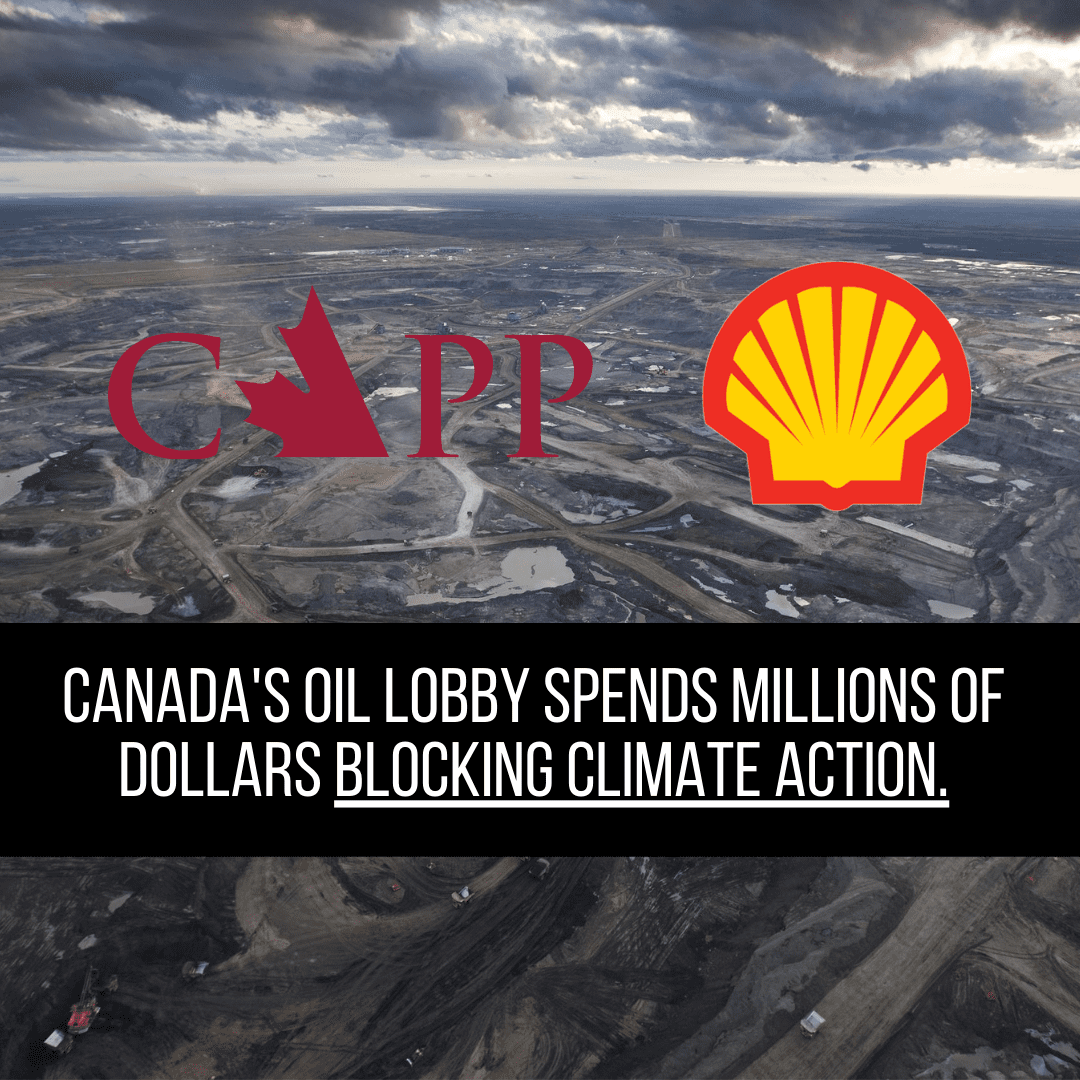
Royal Dutch Shell likes to tell its customers and governments that they support climate action. They also pay a $1 million per year in membership fees to help the Canadian Association of Petroleum Producers (CAPP) lobby to undermine climate policy and action in Canada and spread misinformation about climate action to the public. We expect that this year Shell might finally put their money where their mouth is and quit CAPPl when they complete their 2021 associations membership review
10. Fossil fuel subsidies will become an even dirtier word

Canadians will grow increasingly tired of seeing their money spent on propping up the fossil fuel industry when it should be spent supporting a transition to a cleaner, more just economy and society. Areas for fossil-free investment and action include renewable energy like geothermal and tidal generation, smart grids, interprovincial electricity grid interconnections, smart appliance regulations, and energy storage.
As you can see, 2021 is going to be a very busy year on the environmental front. Looking ahead, all of us at Environmental Defence have a lot that we want to accomplish (take a look at our wish list). And with your help, we can make it happen. This holiday season, please consider making a tax-deductible gift to support our work.






